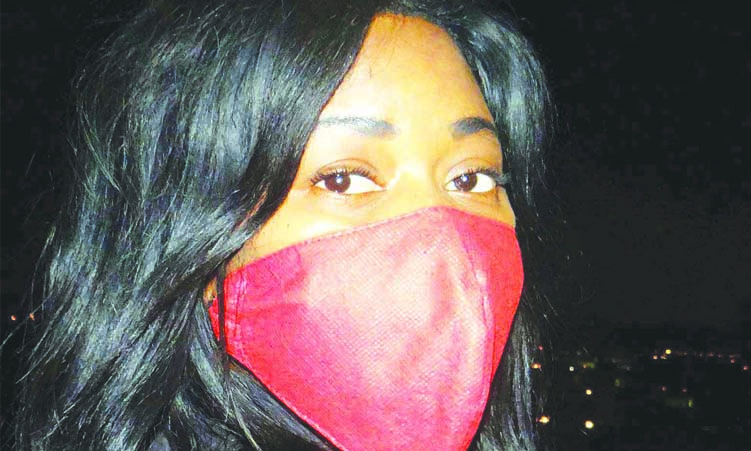One of my favourite travel things is meeting other Africans abroad.
The big smile of recognition, the immediate far-flung fellowship, the “my sista, what are you doing here?” and the peal of laughter after because Lord knows.
I meet Edmond on a bus to Victoria on a day the sun decides to roast us all to a medium rare. The lure of a SIM card calls to me from the centre of the Maltese island and I’m feeling particularly proud of myself for having figured out the cheapest public transport when Edmond gets on and smiles in greeting.
We do the thing that Africans abroad do and immediately begin an animated conversation in a bus that is silent save for the mechanical sound of its moving and the muted sonic blur of street noise.
“Where are you from? How long will you be here?” says Edmond, trying to gauge whether I’m a passing traveller or a new island friend. I tell him and he says he’s heard that Namibia is beautiful, a good place and that he’s from Ghana.
Having visited Accra a few years ago, I say that Ghana is beautiful, a good place.
Edmond laughs at my silly little echo and asks what I do. Though I’m on my winding way to make my debut as a photographer in Berlin, I err on the side of confidence and tell him that I’m a writer and a journalist.
Like many people who hear these words, his ears prick up and he suggests what my next story absolutely has to be.
Edmond has worked with African refugees in Italy and he says that the conditions are harder than one can imagine. He’s in Malta because it’s easier to find work and earn decent money on the European island but, working in a facility that receives African migrants in Italy, he stared into a pit of disillusionment.
“You must tell them not to come. They think that life is good here, that there is a lot of work and opportunity. They leave their countries and families to come here but it’s not easy here for Black people, for African people,” he says.
“Things can be bad at home but there is nothing here for us. Europeans, they can’t let you succeed. You won’t even make enough money to send home, just to survive. But it is very difficult to return once you are here.”
Edmond has a background in electrical engineering and works as an electrician in the area.
The job just about gets ends to meet but his dream is to open a herbal medicine store where he manufactures and sells treatments based on natural Ghanaian and wider African therapies and cures.
Edmond misses home but he isn’t planning on returning to Ghana for good soon. He set out to change his economic situation, to build a life for himself and his family and to eventually return triumphantly, but he doesn’t feel he has succeeded at this just yet.
It’s a heavy, heartfelt admission and Edmond and I sit quietly for a moment as the weight of it settles between us and the sound of the bus grows louder in our silence.
When we disembark in the town centre, Edmond shares that he’s on his way to visit an African friend in hospital. Maybe it’s the heat or the plague or the thing that gets you when you’re so far from home but as yet his friend is undiagnosed.
“I don’t know what is the matter but I must see them,” he says. “We are family here.”
As Edmond bids me farewell, after lecturing me, a journalist, for not doing more on social media, I think about that last part.
I know I won’t see Edmond again. I’m leaving in two days and I appreciate that sometimes things are only what they are.
Fleeting.
Yet, I’ll always remember Edmond on a bus in Malta – bright red shirt, gleaming white ear pods – reaching out to me simply because I’m there, I’m African and “we are family here”.
– martha@namibian.com.na; Martha Mukaiwa on Twitter and Instagram; marthamukaiwa.com
Stay informed with The Namibian – your source for credible journalism. Get in-depth reporting and opinions for
only N$85 a month. Invest in journalism, invest in democracy –
Subscribe Now!






